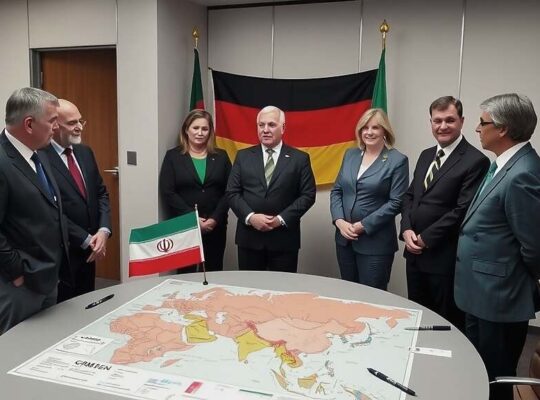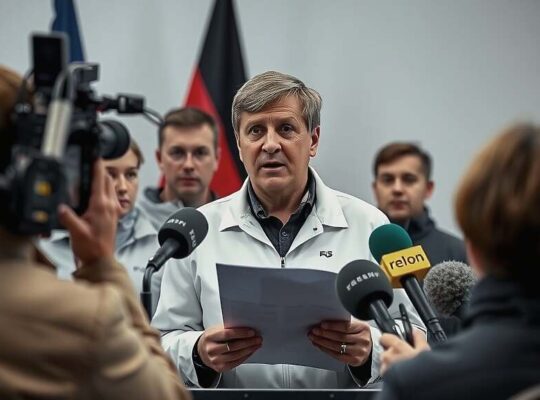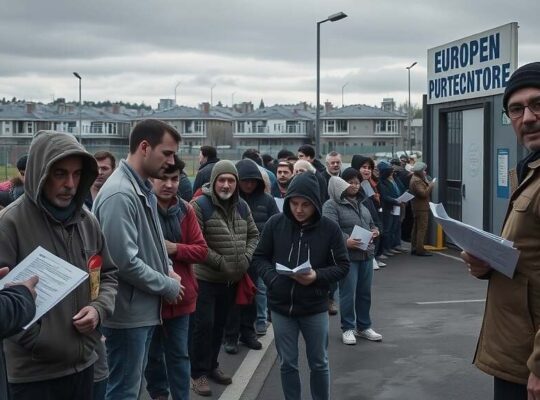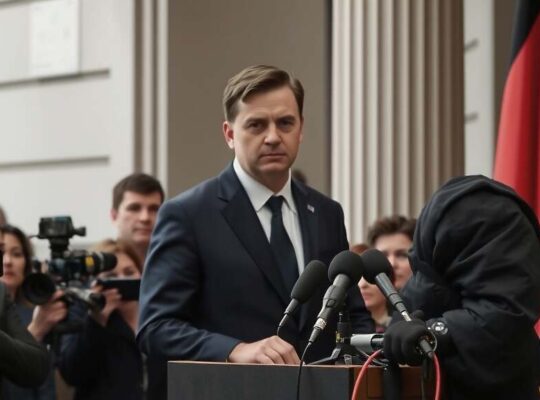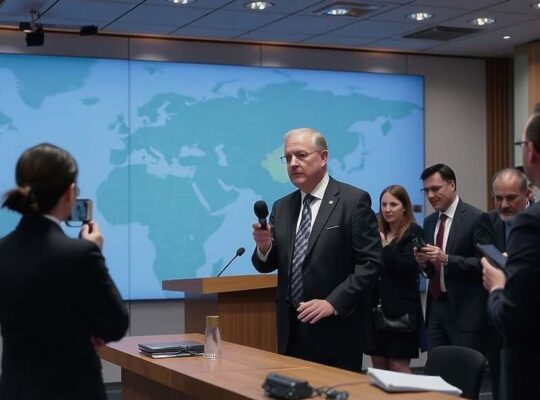The outgoing president of the German Red Cross (DRK), Gerda Hasselfeldt, has launched a scathing critique of the current black-red coalition government’s proposed budget for 2026, accusing them of planning further cuts to global humanitarian aid. Hasselfeldt’s remarks, delivered ahead of the upcoming parliamentary vote on the budget this Friday, highlight a worrying trend of diminishing commitment to alleviating suffering abroad.
“From 2024 to 2025, we witnessed a reduction exceeding fifty percent” Hasselfeldt stated in an interview with the Tagesspiegel. “This regressive pattern is now slated to continue into 2026, despite a demonstrable increase in both the number and severity of global crises and human suffering”. She suggested the decision represents a direct contradiction of the coalition’s own commitments, which explicitly promised to bolster humanitarian assistance as a core tenet of their governing mandate.
The potential consequences of these cuts are particularly dire, according to Hasselfeldt. She emphasized the critical role the DRK plays in some of the world’s most vulnerable regions, citing their ongoing work providing essential water and sanitation services in the largest refugee camp globally, home to Rohingya refugees fleeing Myanmar. “The assistance we can provide in these situations will be drastically reduced in the future” she warned. “If these fundamental necessities are no longer guaranteed, the consequences will be a rise in disease and preventable deaths – making survival even more precarious for already marginalized populations.
Hasselfeldt’s remarks carry particular weight as she prepares to depart her role as DRK president, with Hermann Gröhe (CDU) expected to be elected as her successor at the DRK Federal Assembly this Saturday. Beyond the immediate concerns regarding budget allocations, Hasselfeldt also expressed broader anxieties about the increasingly polarized nature of German political discourse. The 75-year-old, a former federal minister and deputy president of the Bundestag, voiced concern regarding a perceived “hardening” of the political climate, a departure from the more collaborative environment she recalled from her years in public service. Her observations suggest a wider unease surrounding the trajectory of German politics and its potential impact on the nation’s commitment to international humanitarian responsibility.



